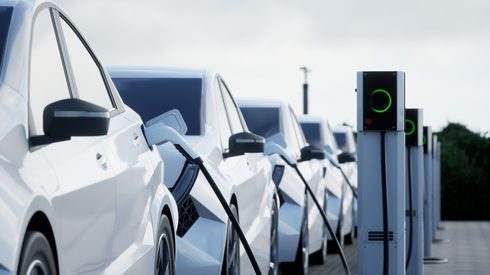The announcement came in mid-March from the Mine Safety Administration. Market participants attributed the price rise to expectations of reduced supply of fluorspar as a result of the inspections.
Fastmarkets’ price assessment for fluorspar, acidspar, 97% CaF2, wet filtercake, fob China was $540-590 per tonne on Thursday March 14, widening up by $10 from $540-580 on March 7.
The assessment had been generally stable before this rise since the start of the year, moving down just once by $10-20 per tonne on January 11 from $560-580 per tonne.
In addition to targeting illegal mining and construction in the fluorspar market, the document says China will shut down, consolidate and upgrade existing fluorspar mines to prevent mining accidents that have frequently occurred in recent years.
Sources said this is the first nationwide safety inspection of fluorspar mining in China, while previous inspections and rectifications only took place within individual provinces such as Jiangxi. The southern province issued a year-long inspection notice this January, in response to the major fluorspar mining accident that led to four deaths in the province’s Xingan county last year.
“Price increase has already been reflected in our latest contract after the release of the notice,” a producer in Inner Mongolia said. “The shutdown of many small-sized mines will lead to further supply tightness.”
A trader in Beijing told Fastmarkets that even though this new wave of inspection will certainly cause prices to fluctuate, the extent of the price change is not yet clear given the fluorspar market is relatively quiet right now.
“Current demand from the downstream hydrofluoric acid market is still tepid in the past week, and we are not sure about how the downstream sector will react if fluorspar prices continue to rise, especially when China’s fluorspar prices are currently among the highest internationally,” a second trader told Fastmarkets.
The trader added that China also imports large quantities of fluorspar from Mongolia and that might help alleviate the supply issue.
Mongolia is the largest supplier of fluorspar to China and exported 912,732 tonnes of metspar – fluorspar raw ore – to China in 2023, a year-on-year increase of 348% from 203,527 tonnes in 2022, latest customs data shows.
However, Mongolia is experiencing the worst snowstorm in 50 years that led to lowered imports of fluorspar from the country in the last few months due to mining and transportation difficulties, and it is still unclear when the affected factories will resume regular mining activities, sources said.
Talk to us about our fluorspar prices
Keep up to date with the latest battery raw material prices, data and forecasts. Get in touch





